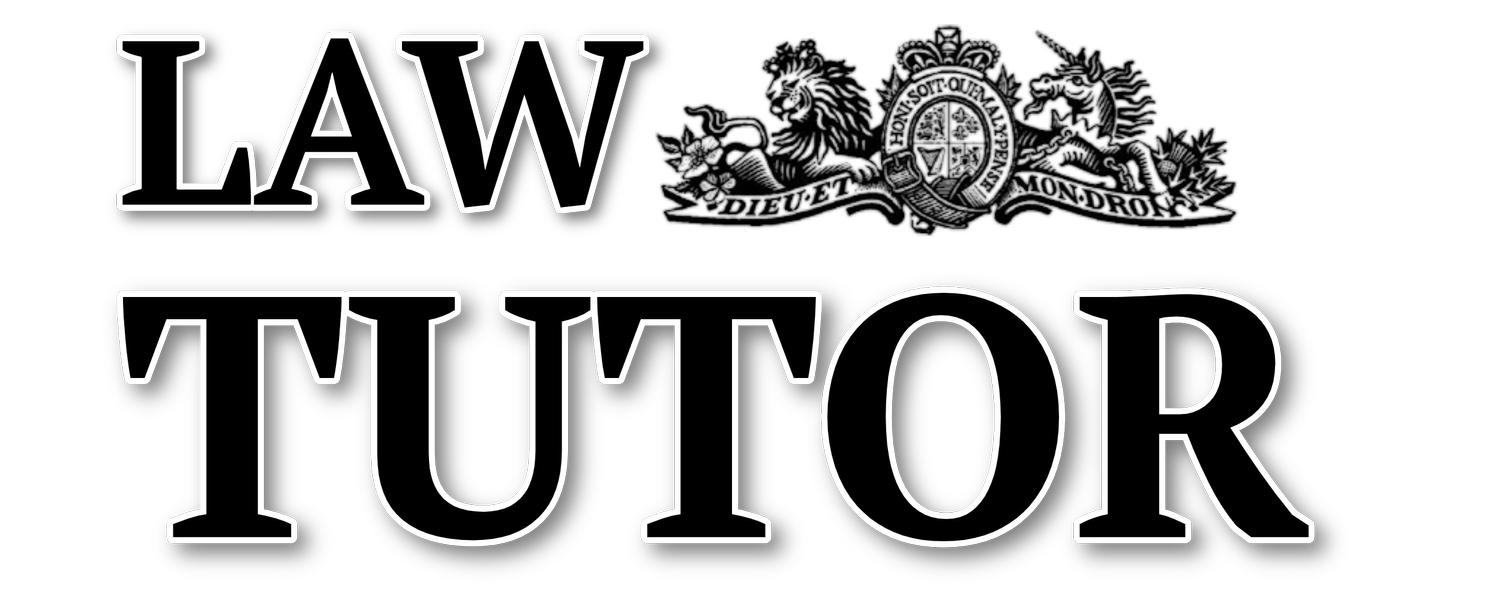Service Provision Change TUPE
Service Provision Change Under TUPE
Under Reg. 3(1)(b), the TUPE Regulations also apply where there has been a ‘service provision change’ which is one of three scenarios:
“(i) activities cease to be carried out by a person ("a client") on his own behalf and are carried out instead by another person on the client's behalf ("a contractor");
(ii) activities cease to be carried out by a contractor on a client's behalf (whether or not those activities had previously been carried out by the client on his own behalf) and are carried out instead by another person ("a subsequent contractor") on the client's behalf; or
(iii) activities cease to be carried out by a contractor or a subsequent contractor on a client's behalf (whether or not those activities had previously been carried out by the client on his own behalf) and are carried out instead by the client on his own behalf,
and in which the conditions set out in paragraph (3) are satisfied."
Reg. 3(2A) defines post-transfer activities for the purposes of the service provision change definition as "activities which are fundamentally the same as the activities carried out by the person who has ceased to carry them out."
Examples
Outsourcing for the first time (from client to third party)
Subsequent outsourcing (from one third party to another)
Insourcing (from third party to client)
In order for the TUPE Regulations to apply to a service provision change, the following three conditions set out in Reg. 3(3) must be satisfied:
immediately before transfer, there must be “an organised grouping of employees situated in Great Britain which has as its principal purpose the carrying out of the activities on behalf of the client” (Reg. 3(3)(a)(i));
immediately before transfer, the client must intend “that the activities will, following the service provision change, be carried out by the transferee other than in connection with a single specific event or task short-term of short-term duration” (Reg. 3(3)(a)(ii)); and
“the activities concerned do not consist wholly or mainly of the supply of goods for the client's use.” (Reg. 3(3)(b))

